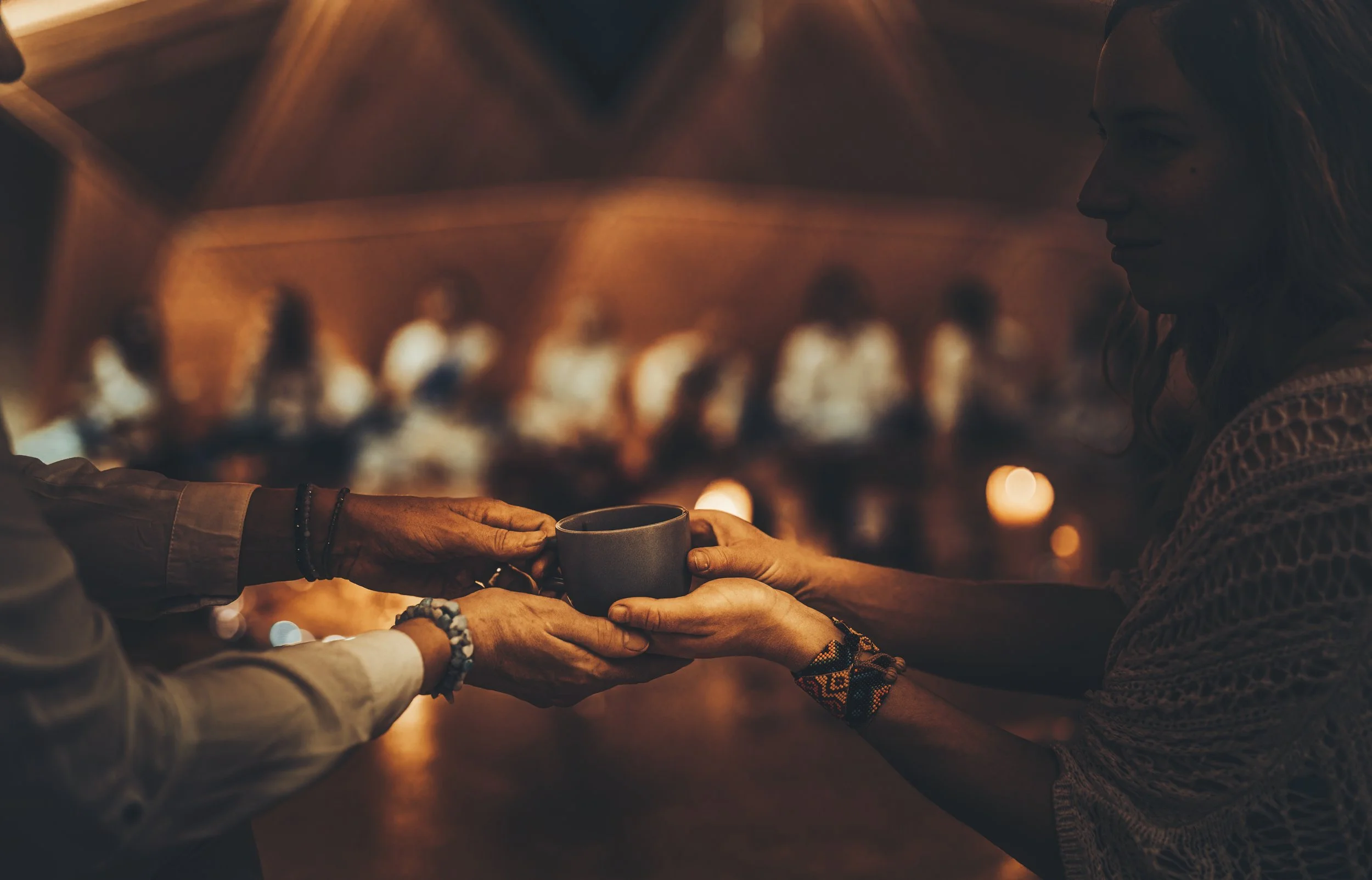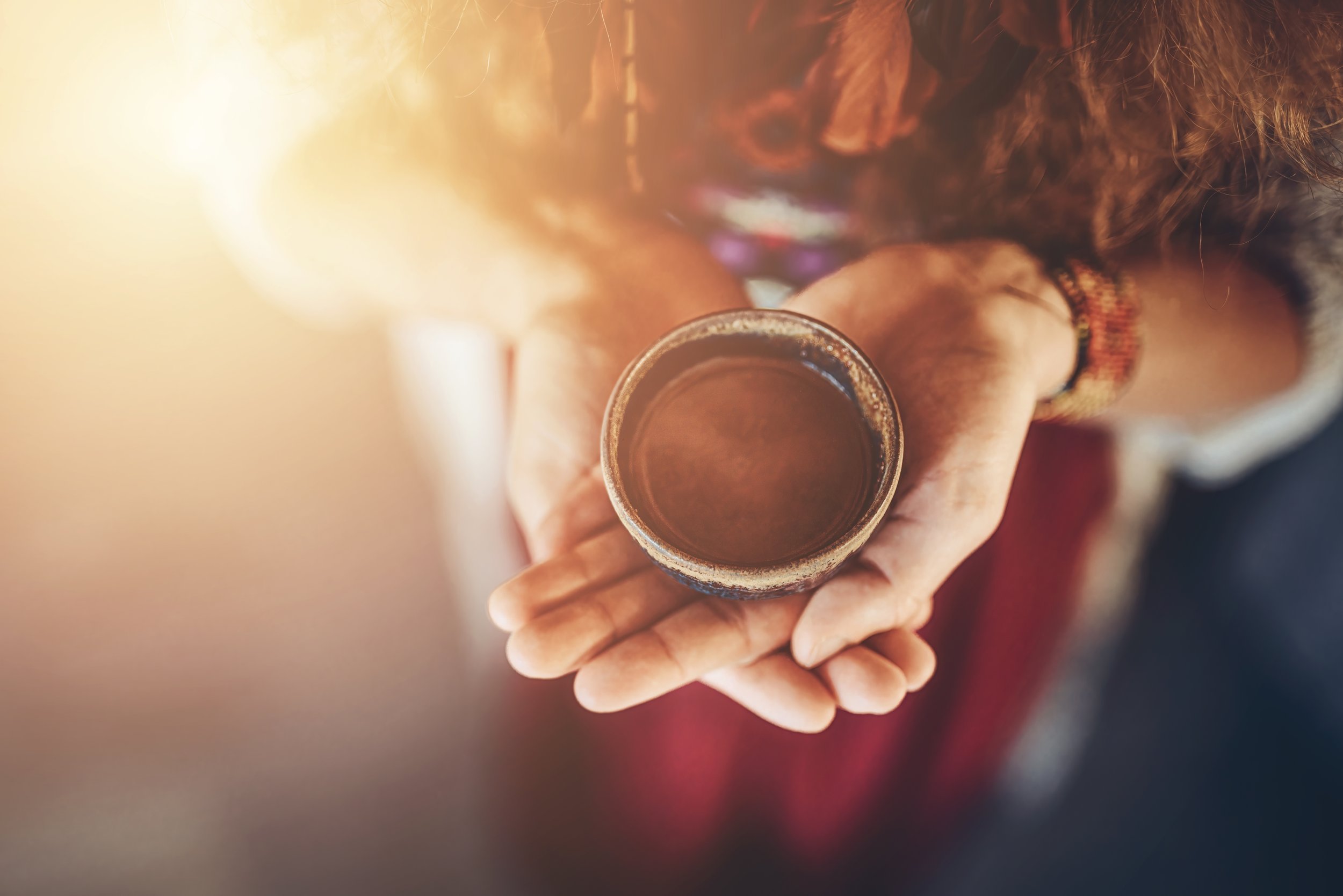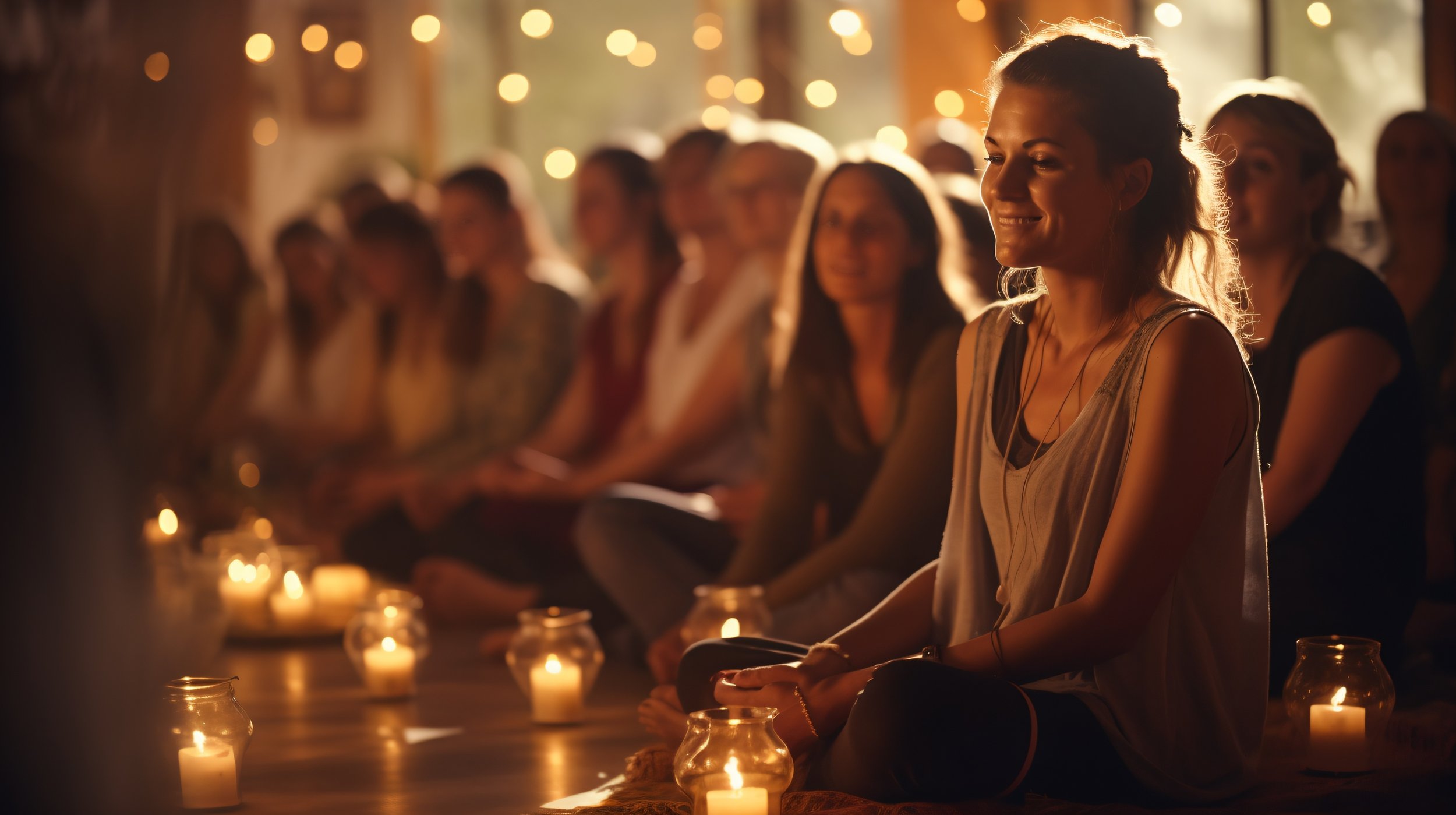Embracing Ritual: Exploring Cacao Ceremonies
In recent years, there has been a resurgence of interest in ancient rituals and practices that promote mindfulness, healing, and spiritual connection. Many people are currently feeling a strong desire to sit in ceremony and feel a deeper connection to themselves and others. One such practice gaining popularity is the cacao ceremony—a ritual that harnesses the medicinal and ceremonial properties of raw cacao. Cacao is often described as a medicine of the soul. Cacao is heart centered, and has the nature of being uplifting, warming, and heart opening. It will center and guide you in a gentle, loving way. Let's dive into the elements of cacao ceremony. We will discuss their purpose, what a cacao ceremonies typically entail, and the benefits they have to offer.
What Is the Purpose of a Cacao Ceremony?
Originating from ancient Mesoamerican civilizations such as the Aztecs and Mayans, cacao ceremonies have been used for centuries for spiritual, medicinal, and ceremonial purposes. Cacao is a plant medicine that opens our hearts and connects us to unconditional love. The energy of cacao is very motherly— filled with kindness, love, and joy. Mother Cacao holds great wisdom, speaking from a place of deep intelligence. The plant spirit of cacao has a way of gently showing us what needs to be seen, understood, or address in our lives. For many, participating in a cacao ceremony can fulfill a longing for participating in ritual and a connection to community.
What Does a Cacao Ceremony Entail?
Cacao ceremonies are conducted with intention and are typically guided by a facilitator. The general flow of the various stages of a cacao ceremony typically look something like this:
Opening the Space: The facilitator will officially open the sacred space once everyone is sitting in a circle and ready to begin.
Setting Intentions: Participants are invited to set intentions for the ceremony—whether it's healing, self-discovery, emotional release, or spiritual connection.
Calling In the Medicine: The facilitator will call in the medicine by giving gratitude and by asking for its divine wisdom and guidance to come through during the experience.
Drinking Cacao: The facilitator prepares and serves the ceremonial cacao, which is recommended to be consumed mindfully by each participant.
Meditation, Reflection, or Creative Expression: This where each cacao ceremony might be a slightly different. But generally, while the medicine is taking effect, there may be a guided portion (such as meditation or breath work). Or, you may be given the opportunity to self reflect on your own and as you sit with the medicine and whatever comes up for you on a personal level. During our cacao ceremonies, we like to give participants personal time for both reflection and creative self-expression. This may look like journaling, practicing yoga, meditating, creating art, or participating in ecstatic dance.
Sharing and Integration: At the end of the ceremony, participants will come back into a circle and have the opportunity to share their experiences and insights in a safe environment. This sharing helps to foster a strong sense of community and support.
Closing the Space: The facilitator will then end the ceremony by assisting everyone in coming back to a state of groundedness and give appreciation to the medicine.
Benefits of Cacao Ceremonies
There are many possible benefits one may experience by participating in a cacao ceremony. Some of these include:
Inner Exploration: The ceremonial setting and the effects of cacao can deepen introspection, helping participants uncover subconscious patterns, emotions, and beliefs.
Connection to Spirituality: Many participants experience a heightened sense of spiritual connection, clarity, and insight during and after the ceremony. Cacao is said to be a heart-opening medicine, facilitating emotional release, self-love, and compassion towards oneself and others.
Emotional Release: Cacao's effects can facilitate the release of stored emotions and tension, promoting emotional catharsis and a sense of lightness.
Enhanced Mood and Energy: Cacao contains compounds like theobromine and phenethylamine that can increase focus, energy levels, and a sense of well-being.
Stress Reduction: The ritualistic nature of cacao ceremonies, combined with mindfulness practices, can reduce stress, anxiety, and promote relaxation.
Community and Connection: Sharing the ceremonial experience with others fosters a strong sense of community, mutual support, and connection within the group.


